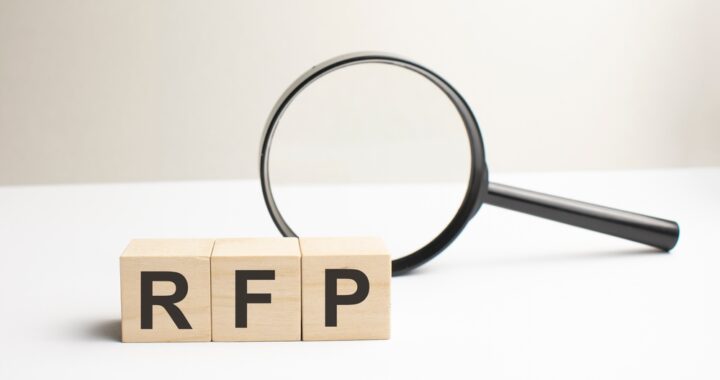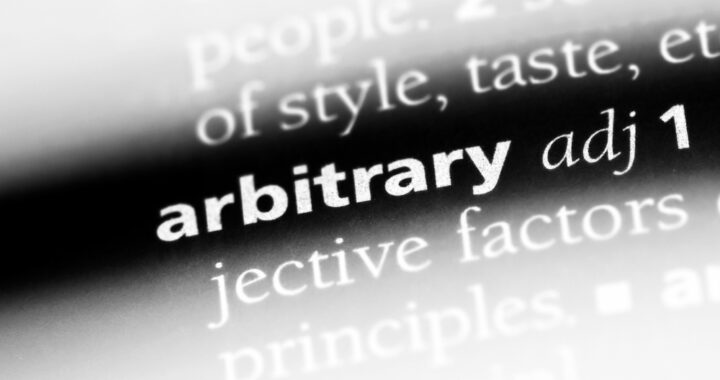A driving issue in a recent dispute was whether a binding contract existed simply through the selection of a proposal in response to a solicitation. Or, was there nothing more than an “agreement to agree,” which does not create a binding contract. There is an important distinction between a binding contract an an “agreement to agree.”
A Community Redevelopment Agency (CRA) issued a Request for Proposals otherwise referred to as an RFP. The RFP specifically stated that the CRA and proposer will be contractually bound only if and when a written contract is executed between the parties. A proposer was notified that it was selected as the winning proposer however a written contract was never executed because the proposer was subsequently disqualified. The proposer filed a lawsuit claiming it was wrongfully disqualified and prevailed. The trial court found it was entitled to attorney’s fees pursuant to a contract that had been formed when the proposer’s proposal was originally accepted.
But was a contract actually formed? The appellate court said “NO!” holding that there was no binding contract simply because the proposer’s proposal was accepted. There was nothing more than an “agreement to agree” which never turned into a binding contract:
“The question of whether the parties intended to form a binding contract is determined by examining the language of the document in question and the surrounding circumstances.” “[I]f the parties prescribe terms to effectuate a binding agreement, such terms are controlling.” Thus, case law is clear that “[w]here the parties intend that there will be no binding contract until the negotiations are reduced to a formal writing, there is no contract until that time.”
The RFP specifically stated that “[t]he CRA and Proposer will be contractually bound only if and when a written contract between the parties is executed by the appropriately authorized officials of the CRA and Proposer.” Based on the plain language of the RFP, neither party was bound, nor was there a binding contract, until a written agreement was executed. Therefore, we find the trial court erred in awarding attorney’s fees based on a contract that was not written or agreed to. Because the parties intended to be bound only when the negotiations were reduced to a formal writing, and a formal writing was never executed, there was no contractual basis to support an award of fees ….Rather, the CRA’s selection of [the proposer] was “nothing more than an ‘agreement to agree,’ ” which is not enforceable.
The CRA’s selection of [the proposer] did not create a contract between the parties. “A request for proposal is used, for example, when the municipality is unable to define the scope of work required completely, or when responses may require subsequent negotiation. As a result, a contract is not typically formed until after the negotiation process.”
Community Redevelopment Agency of the City of West Palm Beach v. Vita Lounge, LLC, 50 Fla.L.Weekly D2448a (Fla. 4th DCA 2025) (internal citations omitted).
Please contact David Adelstein at dadelstein@gmail.com or (954) 361-4720 if you have questions or would like more information regarding this article. You can follow David Adelstein on Twitter @DavidAdelstein1.


